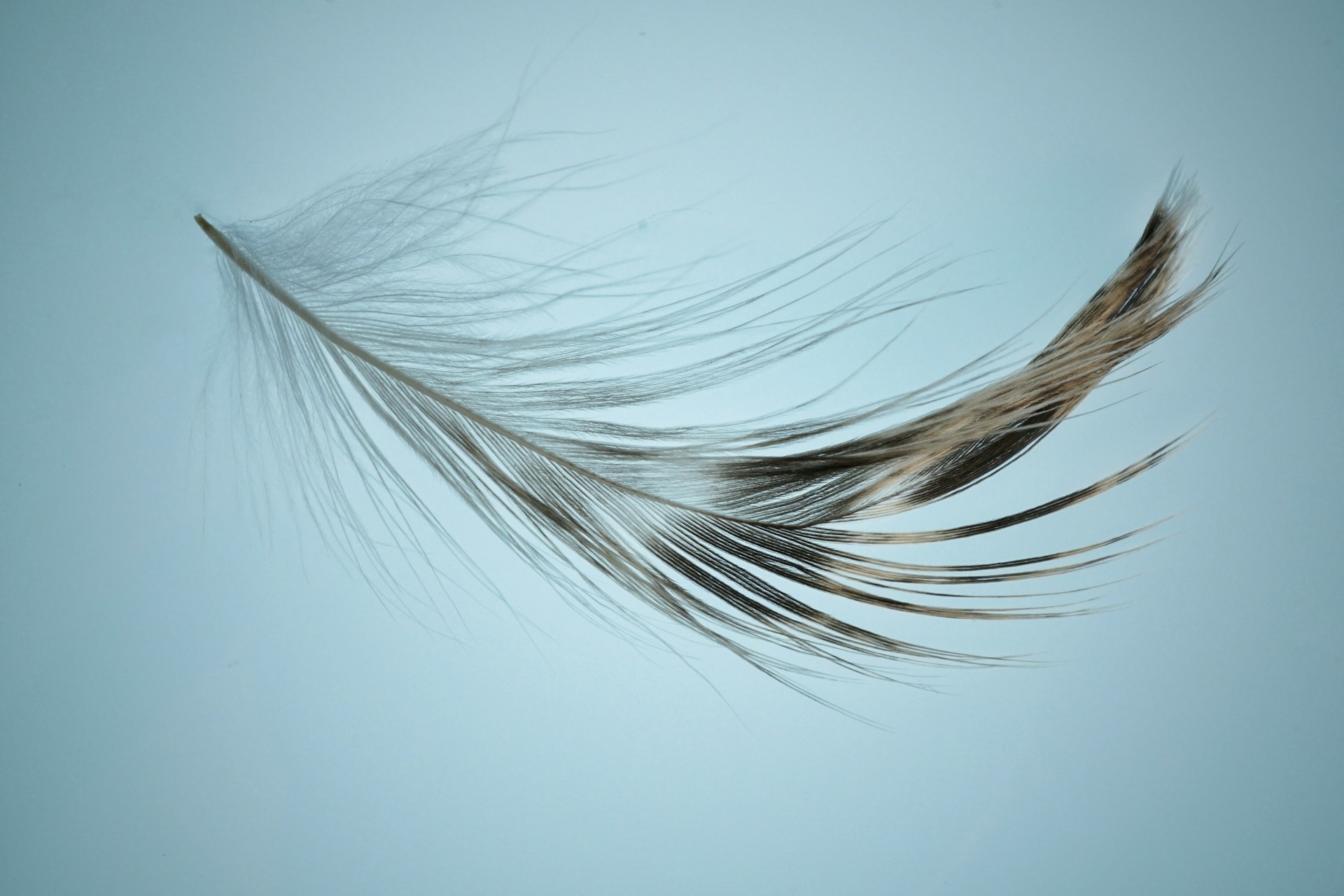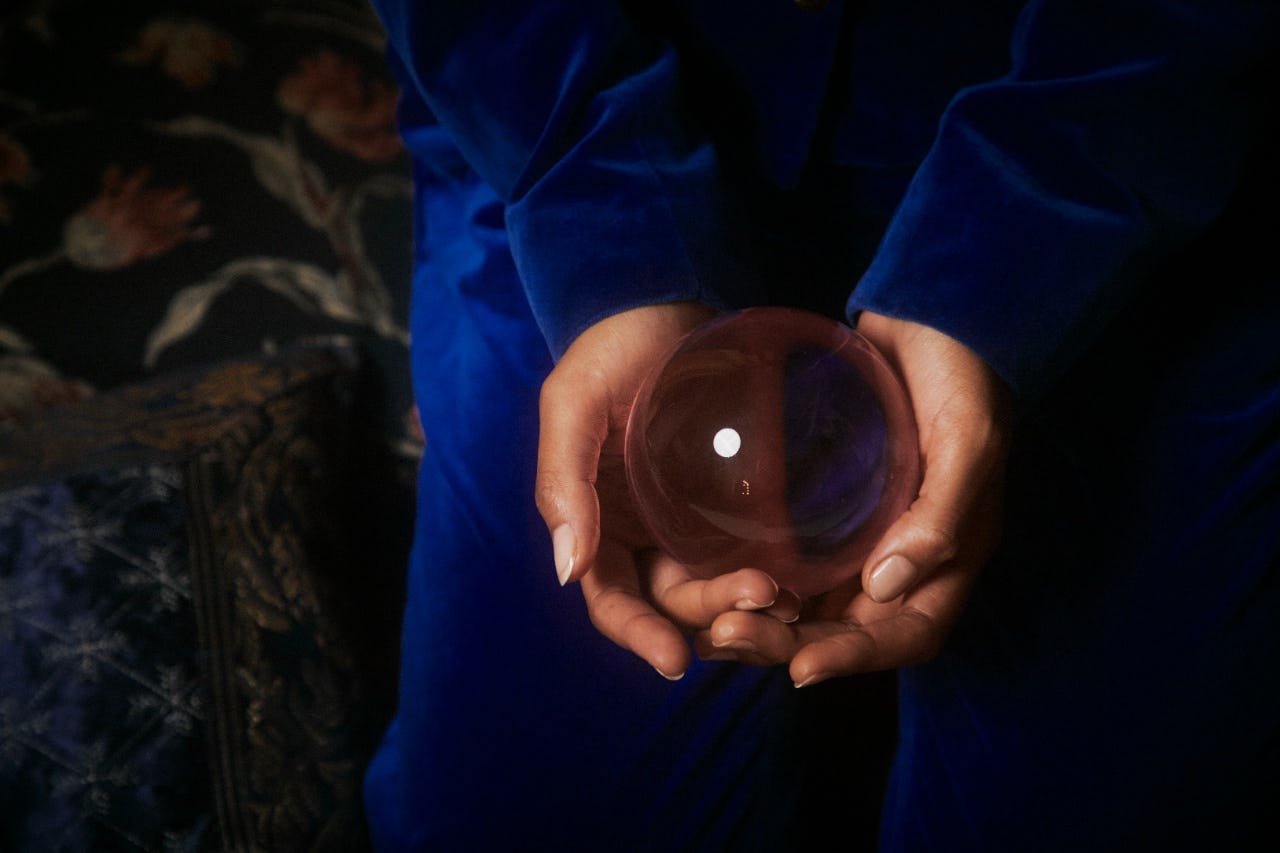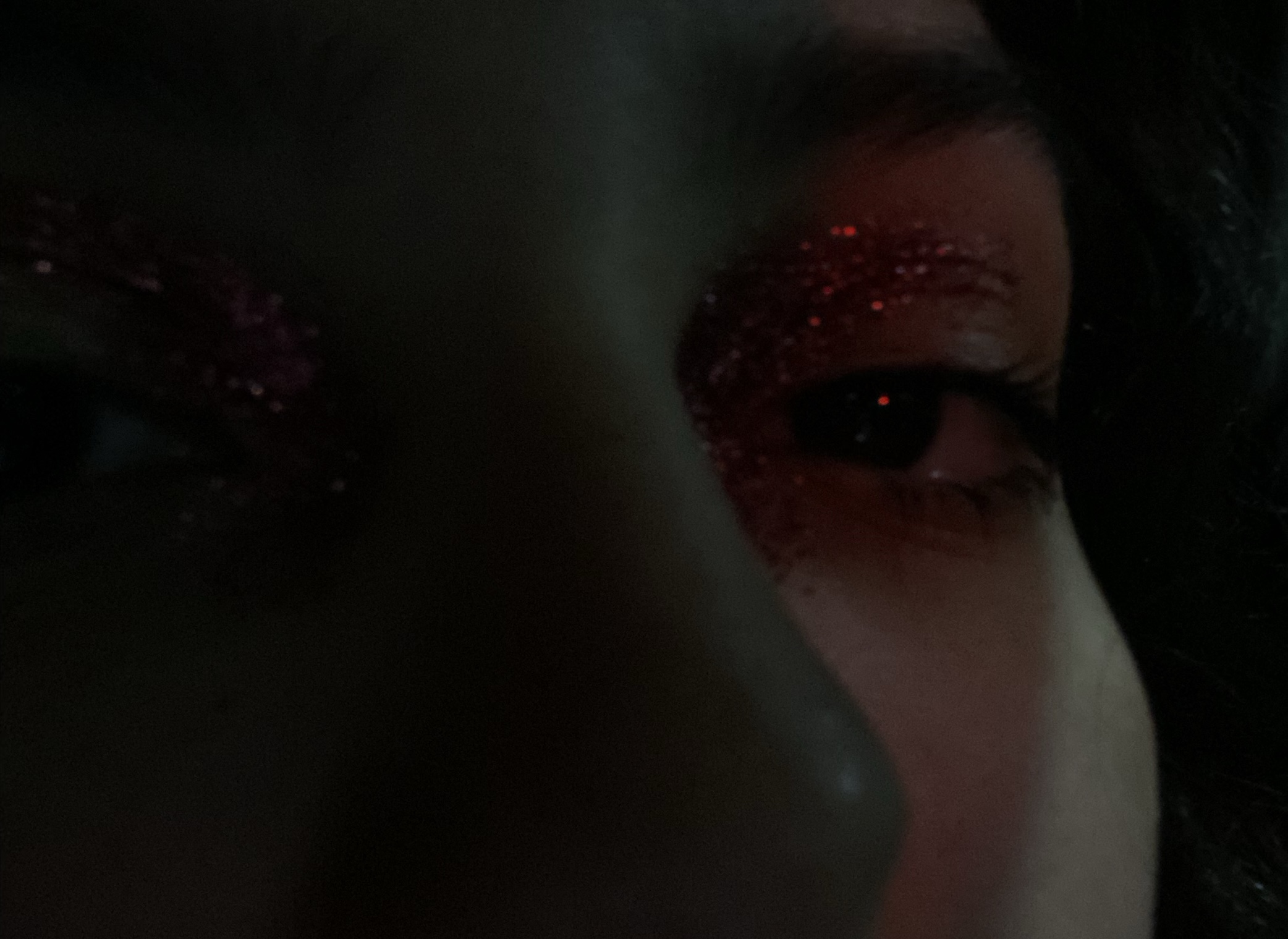We’ve all had those days where showering seems like an option rather than a necessity—whether it’s a lazy Sunday or you’re just too swamped to even think about it. But what actually happens to your skin when you skip the suds? You might be surprised at how quickly things can go south. Let’s dive into the nitty-gritty of what not showering does to your skin. Spoiler: It’s not pretty.
The Science of Skin and Hygiene
Before we get into the effects of not showering, it’s important to understand what your skin is actually doing day in and day out. Your skin isn’t just a simple layer of tissue; it’s a complex organ that plays a crucial role in protecting your body and keeping you healthy.
Skin Structure and Function
Your skin has three main layers: the epidermis (outer layer), the dermis (middle layer), and the subcutaneous layer (deepest layer). The epidermis is your first line of defense against the outside world, acting like a shield against bacteria, viruses, and pollutants. It’s also home to your skin’s natural oils and microbiome—a community of microorganisms that help keep your skin healthy.
These natural oils, called sebum, are produced by sebaceous glands and help to keep your skin moisturized and protected. The microbiome, on the other hand, is like your skin’s personal army, fighting off harmful invaders and maintaining a balanced environment. When everything is working as it should, your skin stays soft, smooth, and free from irritation.
The Role of Hygiene in Skin Health
Regular hygiene, especially showering, plays a big role in maintaining the health of your skin. When you shower, you’re not just washing away dirt; you’re also removing dead skin cells, excess oils, and any pollutants that have settled on your skin throughout the day. This process helps to keep your pores clear, your microbiome balanced, and your skin barrier strong.
Skipping showers disrupts this balance. Dirt and oil start to accumulate, dead skin cells pile up, and your skin’s natural defenses begin to break down. Without regular cleansing, your skin becomes a playground for bacteria and fungi, leading to a whole host of skin issues. Let’s take a closer look at what happens when you skip a shower.
Immediate Effects of Not Showering
When you skip a shower, your skin doesn’t waste any time letting you know. Even within the first day or two, you’ll start to notice some changes that aren’t exactly pleasant.
Accumulation of Sweat, Dirt, and Oils
The most obvious change is the buildup of sweat, dirt, and oils on your skin. Every day, your body produces sweat to help regulate your temperature. This sweat mixes with the natural oils on your skin, creating a sticky layer that traps dirt and other particles. If you don’t wash it away, this mixture just sits there, clogging your pores and making your skin feel greasy and grimy.
This buildup can make your skin look dull and even lead to a rough texture as dead skin cells accumulate on the surface. Your skin might feel like it has a thick, uncomfortable layer on top of it—and that’s because it does.
Bacterial and Fungal Growth
Where there’s dirt and oil, bacteria and fungi aren’t far behind. Your skin naturally hosts a variety of bacteria and fungi, most of which are harmless and even beneficial. But when you skip showers, the balance of these microorganisms gets thrown off. Harmful bacteria and fungi start to thrive in the warm, moist environment created by your sweat and oils.
This overgrowth can lead to skin infections, irritation, and inflammation. You might start to notice redness, itching, or even small pimples or boils. And if you already have a cut or scrape, the risk of it getting infected goes way up.
Odor Development
Let’s not forget about the smell. Body odor is the result of bacteria breaking down the proteins in your sweat. When you don’t shower, these bacteria have more time to do their work, leading to a stronger and more unpleasant odor. And no, covering it up with deodorant won’t really help for long—it’s just masking the problem, not solving it.
The combination of sweat, bacteria, and oils creates that distinct “haven’t showered” smell that’s hard to ignore. It’s your body’s way of signaling that it’s time to hit the shower.
Short-term Skin Issues
As the days go by without a shower, the effects on your skin become more pronounced. What started as a little grime and odor can quickly turn into more serious skin problems.
Acne and Breakouts
One of the first issues you might notice is an increase in acne and breakouts. When your pores get clogged with dirt, oil, and dead skin cells, it creates the perfect environment for acne-causing bacteria to thrive. These bacteria multiply within your clogged pores, leading to inflammation and those dreaded pimples.
If you’re already prone to acne, skipping showers can make things much worse. The more you delay, the more clogged your pores become, leading to more severe and widespread breakouts. It’s not just on your face, either—body acne on areas like your back and chest can also flare up.
Rashes and Irritation
Rashes and skin irritation are another common side effect of skipping showers. The buildup of sweat, dirt, and bacteria can cause your skin to become inflamed and sensitive. This can lead to various types of rashes, including heat rashes, contact dermatitis, and even fungal infections like athlete’s foot or jock itch.
Your skin might start to feel itchy, tender, or even painful. Redness, small bumps, and dry patches can appear, making your skin look and feel less than its best. This irritation can be particularly uncomfortable and can make it difficult to focus on anything else.
Itching and Discomfort
As if acne and rashes weren’t bad enough, the overall itching and discomfort that come with not showering can be a major annoyance. When your skin is covered in a layer of sweat, oils, and dirt, it can start to feel itchy and tight. This itching is often a result of irritation from bacteria, fungi, and the accumulation of dead skin cells.
You might find yourself scratching more than usual, which can lead to further irritation or even break the skin, making you more susceptible to infections. Plus, it’s just plain uncomfortable, especially when you’re trying to sleep or focus on your daily tasks.
Long-term Consequences of Skipping Showers
If you think the short-term effects of not showering are bad, the long-term consequences can be even worse. While you might be able to tolerate a day or two without a shower, making it a habit can seriously compromise your skin’s health over time. Here’s what could happen if you continue to skip your showers.
Chronic Skin Conditions
One of the most concerning long-term effects of poor hygiene is the potential development of chronic skin conditions. When your skin is constantly exposed to dirt, bacteria, and excess oil, it can trigger chronic inflammation. Over time, this inflammation can lead to conditions like eczema or psoriasis, especially if you’re already predisposed to them.
Eczema, for example, is characterized by dry, itchy, and inflamed skin. It can flare up when your skin is irritated by sweat, dirt, or harsh bacteria. Psoriasis, another inflammatory skin condition, can also be exacerbated by poor hygiene, leading to scaly, red patches that can be uncomfortable and difficult to manage.
Even if you don’t develop a specific skin condition, chronic inflammation can cause ongoing irritation and sensitivity, making your skin more reactive to everyday things like weather changes or the products you use.
Accelerated Aging
Believe it or not, neglecting your hygiene can actually make you look older. The dirt and pollution that accumulate on your skin when you skip showers can lead to oxidative stress. This means that harmful free radicals, which are molecules that damage your cells, are more likely to build up on your skin.
Oxidative stress can break down collagen and elastin, the proteins that keep your skin firm and elastic. Over time, this can lead to the formation of fine lines, wrinkles, and sagging skin—basically, all the things you don’t want to see in the mirror as you age.
Additionally, poor hygiene can also lead to a dull complexion and uneven skin tone. The buildup of dead skin cells and pollutants can make your skin look tired and lifeless, which isn’t exactly the youthful glow most of us are aiming for.
Compromised Skin Barrier
Your skin barrier is like your body’s personal security system. It’s responsible for keeping the good stuff in (like moisture) and the bad stuff out (like bacteria and pollutants). When you skip showers, you’re putting this barrier at risk.
Without regular cleansing, the buildup of dirt and oil can start to break down your skin barrier. This makes your skin more vulnerable to irritants and allergens, which can lead to increased sensitivity and the risk of developing allergies or irritations to products you’ve never had issues with before.
A compromised skin barrier can also make it harder for your skin to retain moisture, leading to chronic dryness and flakiness. This can create a vicious cycle where dry skin becomes irritated, and irritated skin becomes even drier. Not exactly a recipe for healthy, happy skin.
Holistic Impact on Skin and Body
Your skin isn’t just about looks—it’s also about how you feel. When your skin is unhealthy, it can impact other aspects of your wellbeing, from your mental health to your overall physical health. Let’s take a closer look at how not showering can affect you as a whole.
Mental and Emotional Effects
There’s a strong connection between your skin health and your mental wellbeing. When your skin doesn’t look or feel good, it can take a toll on your confidence and self-esteem. This is especially true if you’re dealing with visible issues like acne, rashes, or irritation.
You might find yourself avoiding social situations because you’re self-conscious about your skin, or feeling anxious about how others perceive you. This can create a cycle of stress and anxiety that only makes your skin issues worse. On the flip side, taking care of your skin through regular hygiene can help boost your confidence and make you feel more comfortable in your own skin—literally.
Overall Health Implications
Your skin isn’t just a barrier; it’s also a reflection of your overall health. When your skin is unhealthy, it can signal that something isn’t right in your body. For example, skin infections caused by poor hygiene can sometimes lead to more serious infections if bacteria enter your bloodstream.
In severe cases, conditions like cellulitis (a deep skin infection) can develop, which requires medical treatment and can even become life-threatening if left untreated. Additionally, chronic skin inflammation can contribute to systemic inflammation in the body, which has been linked to a variety of health issues, including heart disease and diabetes.
Maintaining good hygiene isn’t just about looking good—it’s also about keeping your entire body healthy and functioning properly.
Tips for Maintaining Skin Health
Now that we’ve covered all the not-so-great things that can happen when you skip showers, let’s talk about how you can maintain your skin’s health with a few simple habits.
First and foremost, make showering a regular part of your routine. You don’t necessarily need to shower every single day, but most people benefit from showering at least every other day, especially if you’re active or live in a hot, humid climate.
When you do shower, focus on gentle cleansing. Use a mild, non-drying soap or body wash, and avoid scrubbing your skin too harshly. Your skin doesn’t need to be squeaky clean—that can actually strip away too much of your natural oils.
Moisturizing after your shower is also key to maintaining a healthy skin barrier. Choose a moisturizer that suits your skin type and apply it while your skin is still slightly damp to lock in moisture. This will help keep your skin soft, smooth, and protected.
Finally, pay attention to your skin. If you notice any signs of irritation, dryness, or unusual breakouts, take it as a signal that your skin needs a little extra TLC. Sometimes, the best thing you can do for your skin is to listen to what it’s telling you.
To wrap things up, not showering might seem harmless in the short term, but over time, it can lead to some pretty unpleasant and even serious skin issues. From acne and rashes to chronic conditions and accelerated aging, your skin really does need regular care to stay healthy and happy.
So the next time you’re thinking about skipping that shower, remember: a little soap and water can go a long way in keeping your skin in tip-top shape.
















